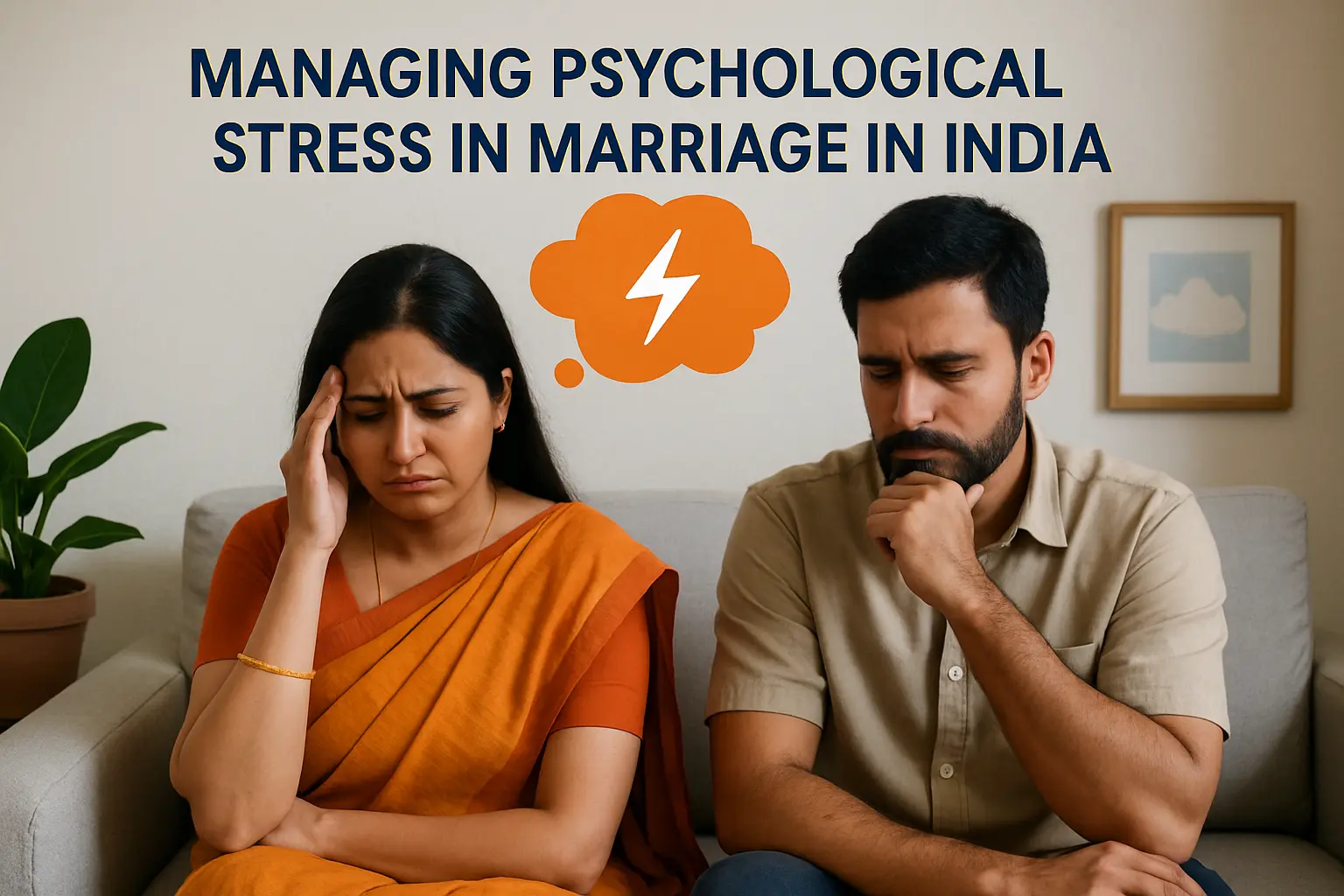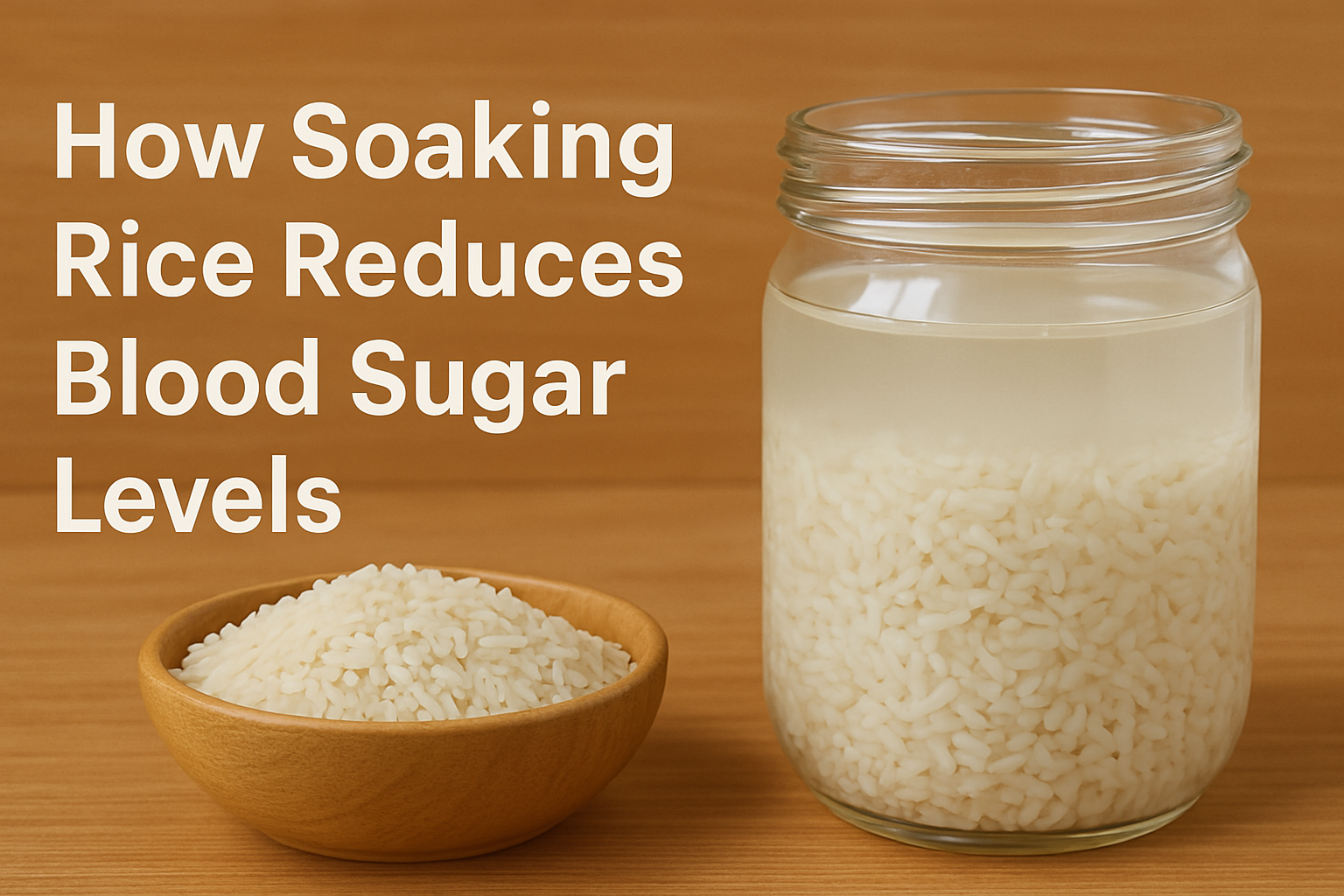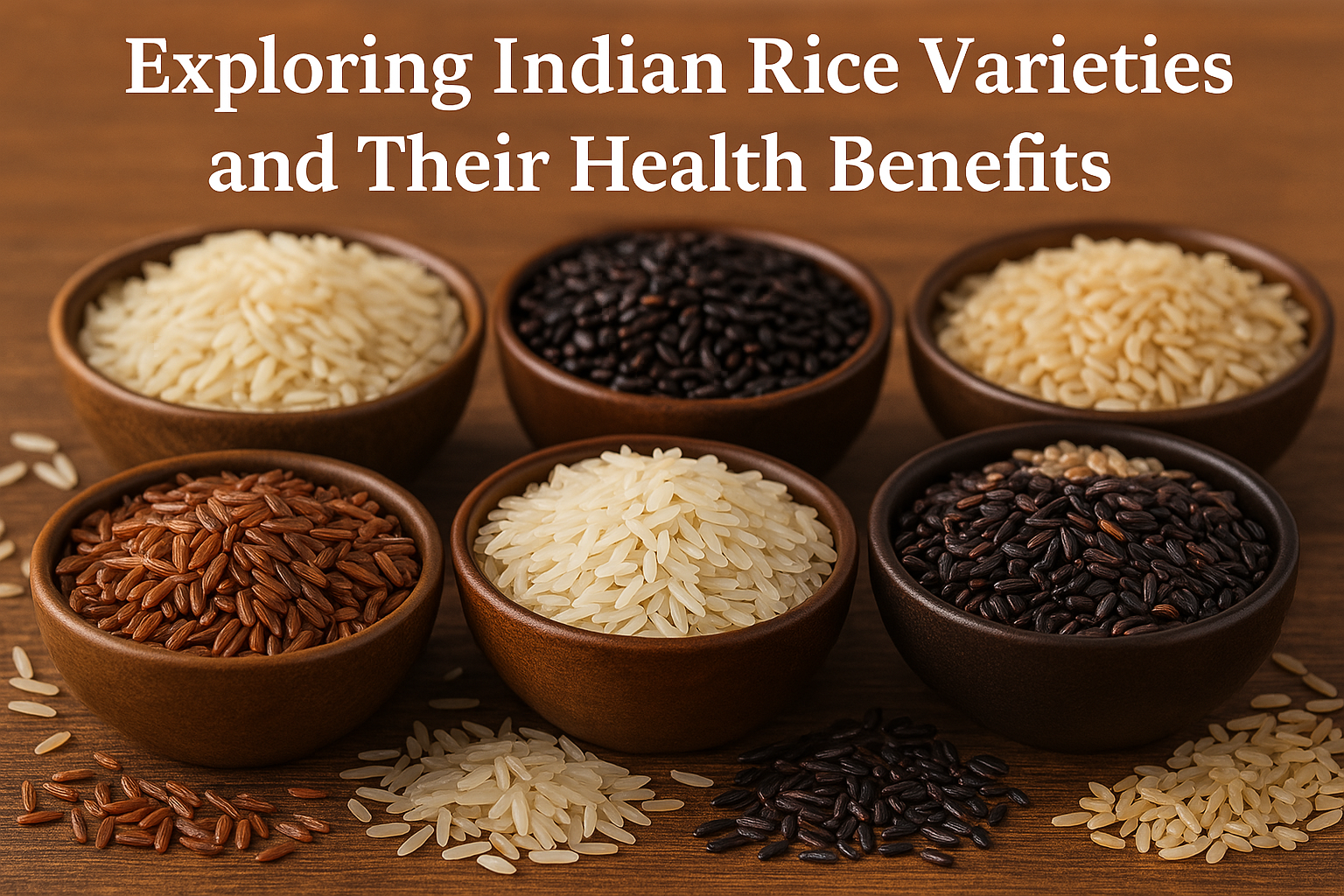Dr. Anubha Singh provides some insight into the often unspoken yet crucial condition of male infertility.
Infertility continues to be one of the most taboo topics in Indian society to date. Tradition and superstition often go hand in hand, and they have fostered this widespread belief that fertility is a concern that begins and ends with women. However, growing research has shown that it is in fact, a shared condition. Male infertility is often not discussed and this increases the bias and judgement against a condition that affects many worldwide.
In a bid to break through this wall, Hashtag spoke to Dr Anubha Singh, Gynaecologist and IVF Specialist at Shantah IVF Centre, New Delhi.
Today, one’s profession and lifestyle play a vital role in their fertility. Here are some common reasons:

- Sitting on chairs for a longer period can overheat one’s testicles.
- If you place laptops over your lap for a long time – Working laptops prompted a greater increase in scrotal temperature—around a 5 degrees Fahrenheit increase (or about 2.7 degrees Celsius)—resulting in low sperm count and unhealthy sperm as well.
- Wearing too tight pants or underwear can damage the testicles and cause low sperm count.
- Risks are increased if you are exposed to pesticides or some industry toxins.
- Smoking and/or excessive alcohol consumption are common causes.
- Past tumours or cancer.
- Stress directly affects one’s fertility.
Some essential tips for men to help combat male infertility:
- Give up drinking and smoking:
Any doctor will give first advise you to quit smoking and drinking as it badly affects the sperm count. The harmful ingredients in tobacco smoking can kill sperm cells. Alcohol does you no good either. If you consume too much alcohol, it can reduce libido and affect sperm quality. It can also destroy the quality and structure of sperm.
- Stay away from or reduce stress:
Do away with stress from your life, as it interferes with the sperm-producing hormones in one’s body. To combat stress, you can try mind relaxing exercises such as yoga, practice deep breathing, listen to some soothing music etc. These activities shall help you in coping with stress.
- Limit weightlifting:
Heavy weightlifting indeed helps improve sperm concentration, but an excess of anything is not good for our bodies. Overdoing it could be a cause of your infertility. When planning for a family, limit or moderate your weightlifting exercises.
Eat well:

A healthy diet is always important. Consume nutritious vegetables, nuts and fresh fruit to improve sperm quality. Vitamins C and E are very important for men. Drinking 4 glasses of fresh orange juice a day can help defective sperm drop from 20% to 11%.
- Get a good night’s rest:
Complete at least seven to eight hours of sleep as it will help restore the reproductive system and reduces stress. Lack of sleep can disrupt your cycle of sperm production.
- Seek out expert help:
Last but not least, seek expert or medical help to understand whether you need to undergo any infertility treatment or make any lifestyle changes to increases your chances of conception.

































